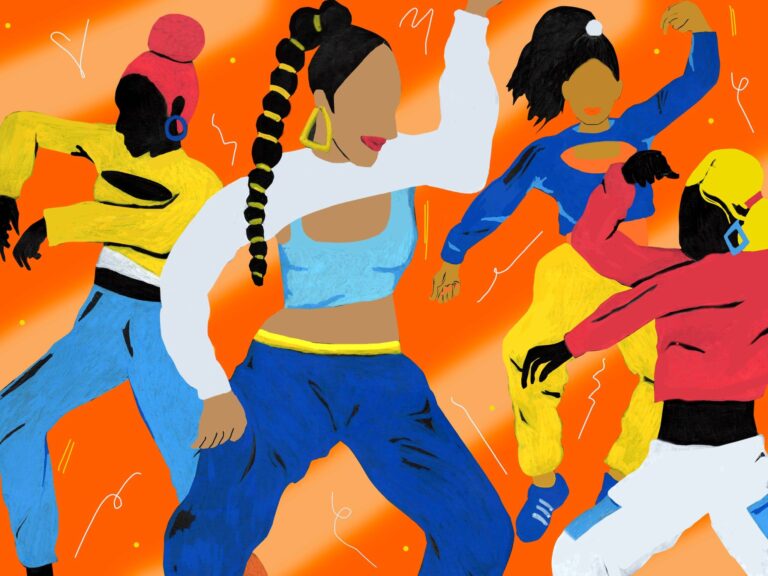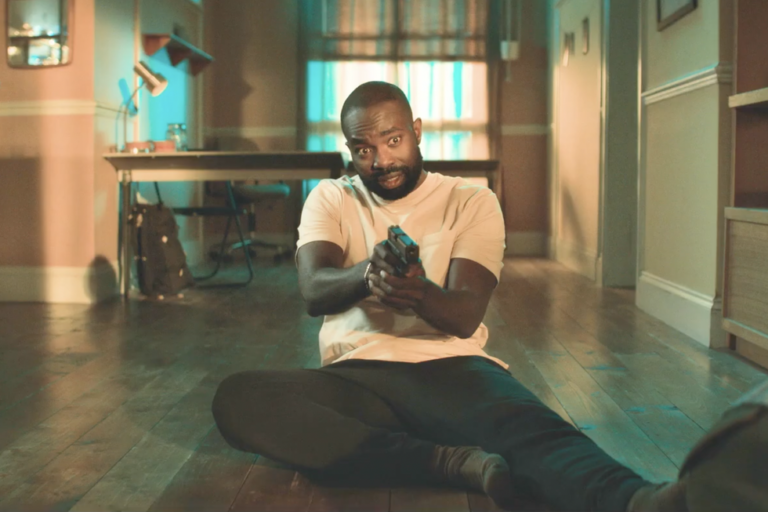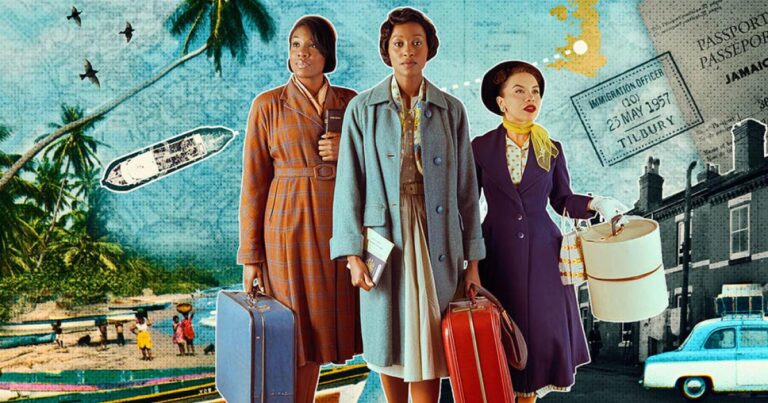You may have seen the song ‘Ooohe, Makeba’ go viral recently on Instagram and TikTok reels. But what do you know about the woman that inspired it?

Miriam Makeba became a worldwide symbol of Black people’s struggle for liberation
The 2015 song Oohe Makeba, which has become a popular background for reels on `Instagram and TikTok, is from French singer-songwriter Jain, Makeba.
You’d probably recognise it if you heard it. But who was Miriam Makeba, who inspired the song?
Well, she’s a South African icon – but if you haven’t heard of her, Miriam Makeba was a singer-songwriter who also humbly went on to become one of the most popular anti-apartheid activists across the globe – known as ‘Mama Africa’, for the work she did to popularise African music and culture amongst a global audience.
When she died in 2008, Nelson Mandela said in a tribute, ‘Her haunting melodies gave voice to the pain of exile and dislocation which she felt for 31 long years. At the same time, her music inspired a powerful sense of hope in all of us.’
‘Makeba‘ was a part of Jain’s debut studio album, Zanaka and, while reels on TikTok and Instagram normally feature only the first paragraph of the song, it goes on to pay tribute to Makeba, with the words: ‘Nobody can beat the Mama Africa/You follow the beat that she’s going to give ya/Only her smile can all make it go/The sufferation of a thousand more’.
Zenzi Miriam Makeba, born in a segregated neighbourhood of Johannesburg, South Africa went on to find fame and perform in two films, Come Back Africa and King Kong, which made her a star in the western world.
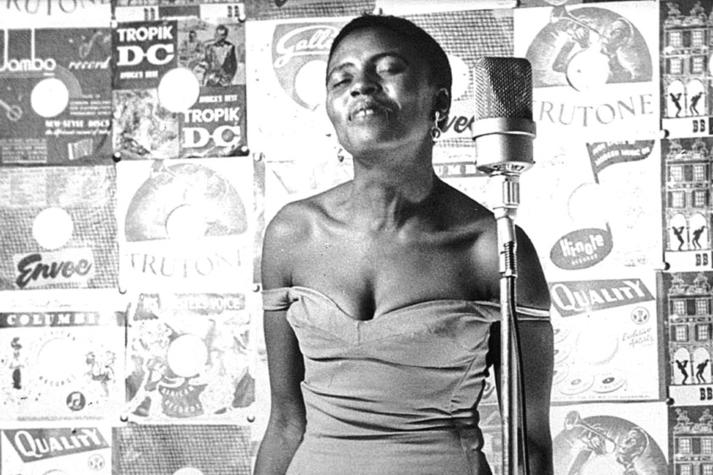
Miriam Makeba in powerful 1959 docufilm Come Back Africa
Come Back Africa brought her to the States in 1959, where crooner Harry Belafonte became both a mentor and a long-time collaborator, leading to a Grammy Award for the pair in 1965, for ‘An Evening With Belafonte/Makeba.’ She was even invited to sing at the 1962 birthday party of President JFK.
Makeba’s fame came from her singing talents, but that, mixed the heady content of her songs. She sang about the injustice and inequalities of apartheid, merging the traditional music of the African content with modern musical forms – meaning she made African art accessible to a wide and diverse audience.
A New York Times article said of her, ‘Makeba’s frequent appearances on US TV and collaborations with Belafonte offered many Americans their first encounter with an African and helped to challenge sensibilities.
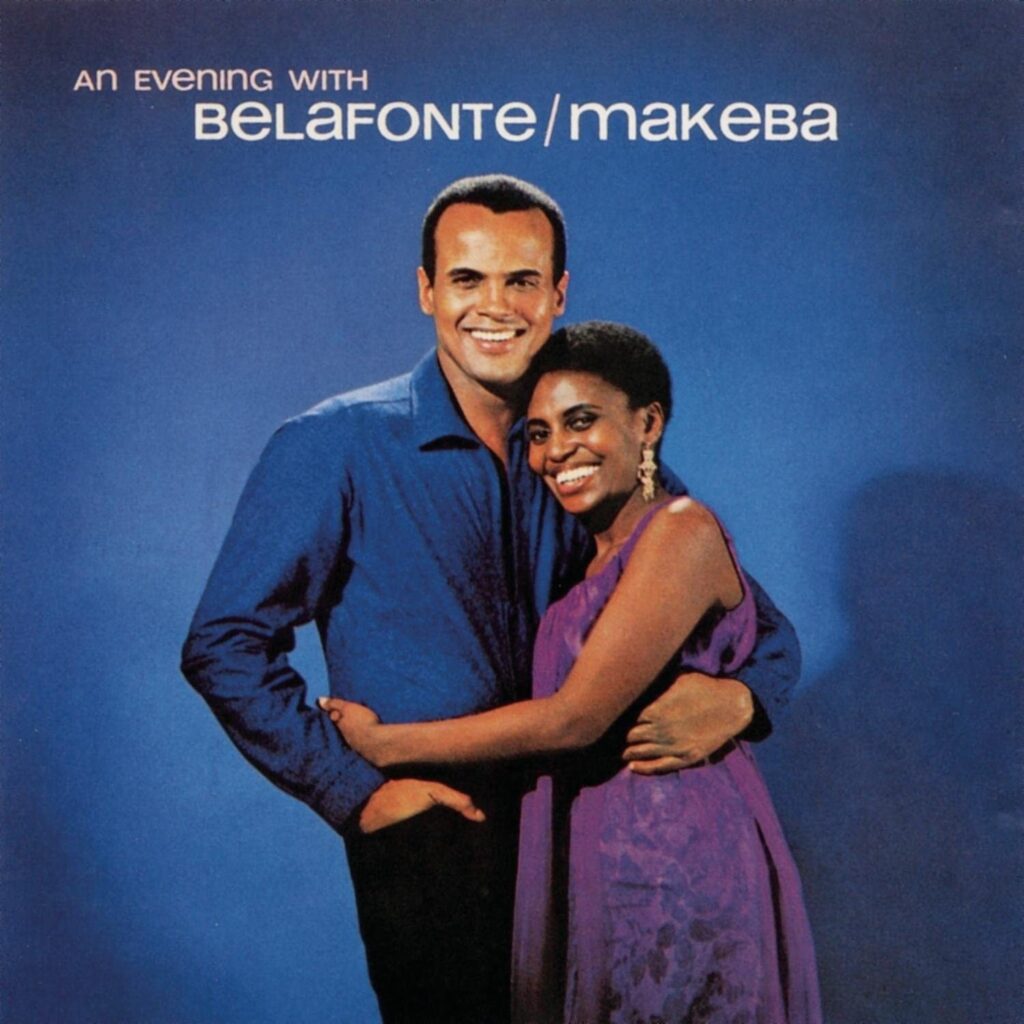
Belafonte became a long-time mentor of Makeba’s in America
‘She constructed an image of an accessible but cosmopolitan entertainer who affirmed her people’s struggles by the dignity with which she represented their culture.’
Indeed, many people in the Western world are only aware of the Click Song (Qongqothwane – a traditional song of the Xhosa people of South Africa, sung at weddings to bring good fortune), because of Makeba.
The Xhosa title literally means “knock-knock beetle”, a popular name for various species of darkling beetles that make a distinctive knocking sound by tapping their abdomens on the ground. These beetles are believed by the Xhosa (Makeba herself was a Xhosa) to bring good luck, and rain.
In the singer’s discography, the song appears in several versions, both with the title Qongqothwane and as The Click Song (which she once explained was named such because ‘the English can’t pronounce Qongqothwane’).
Though this incredible lady always maintained her mission was never to make political statements with her music – she was, she says, just singing about her experiences, about ‘the truth’ – she became a symbol for anti-apartheid, shining a light on the terrible realities of life under the brutal regime. Indeed, she performed at the rallies of Martin Luther King.
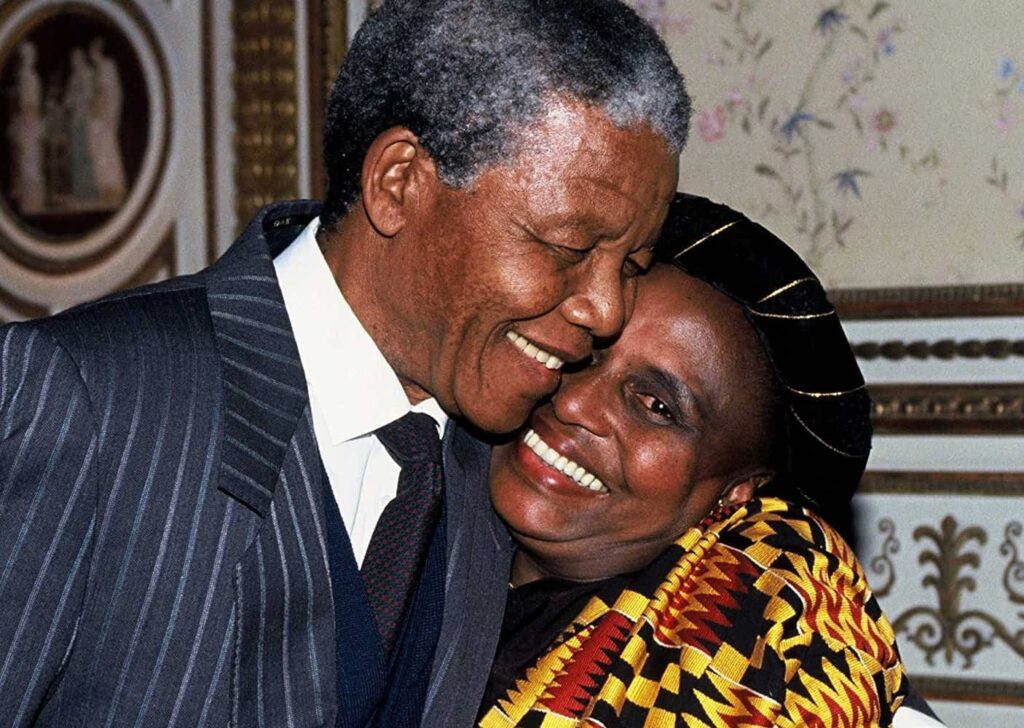
Miriam Makeba and Nelson Mandela. @Insight News.
In an interview, she once said, ‘People think I consciously decided to tell the world what was happening in South Africa. No! I was singing about my life, and in South Africa we always sang about what was happening to us – especially the things that hurt us.’
Miriam Makeba. A woman whose songs against apartheid continue to resonate to this day – someone who truly highlighted the power of music for social change, and who shone a light in the darkness, who brought hope of a better world.

